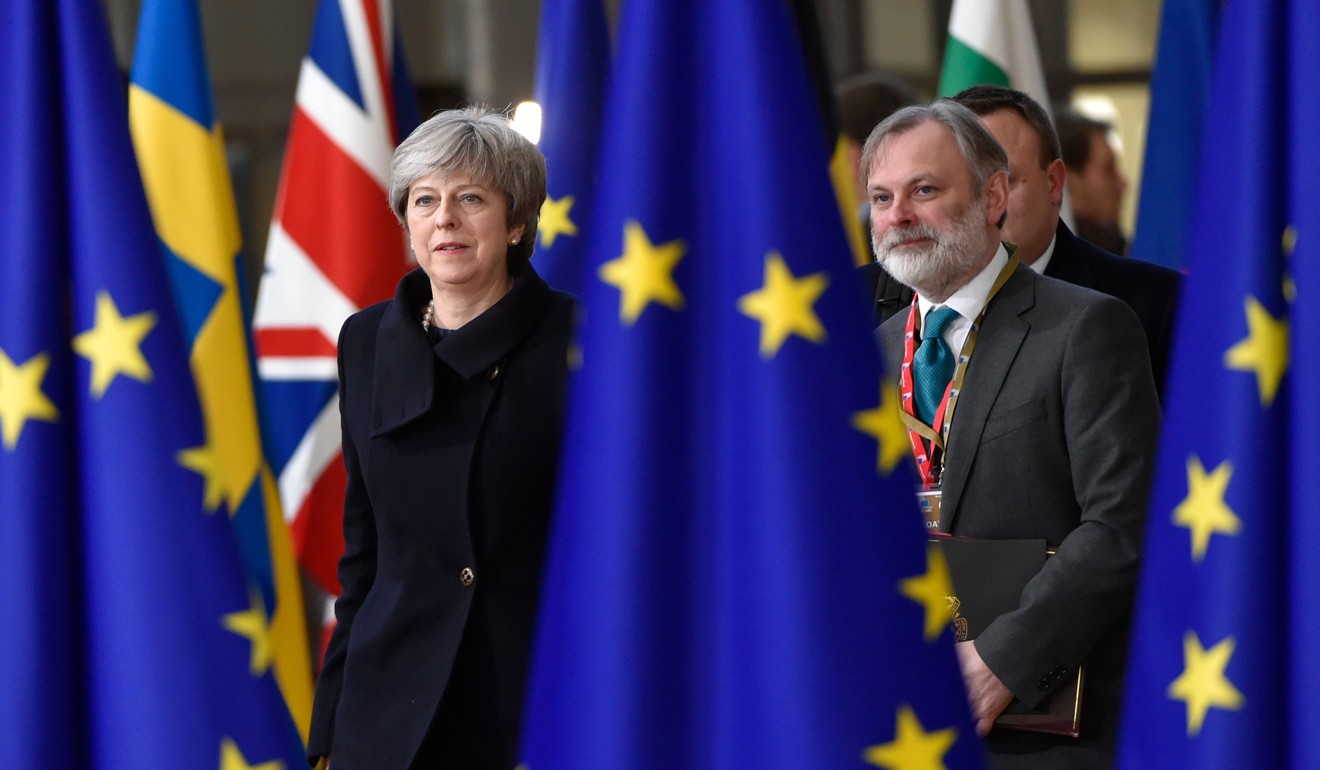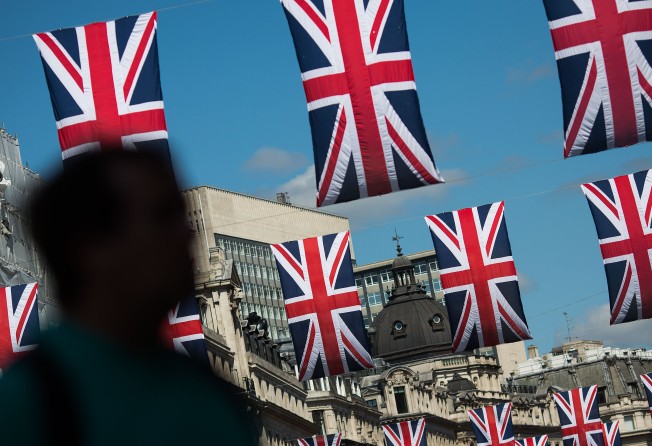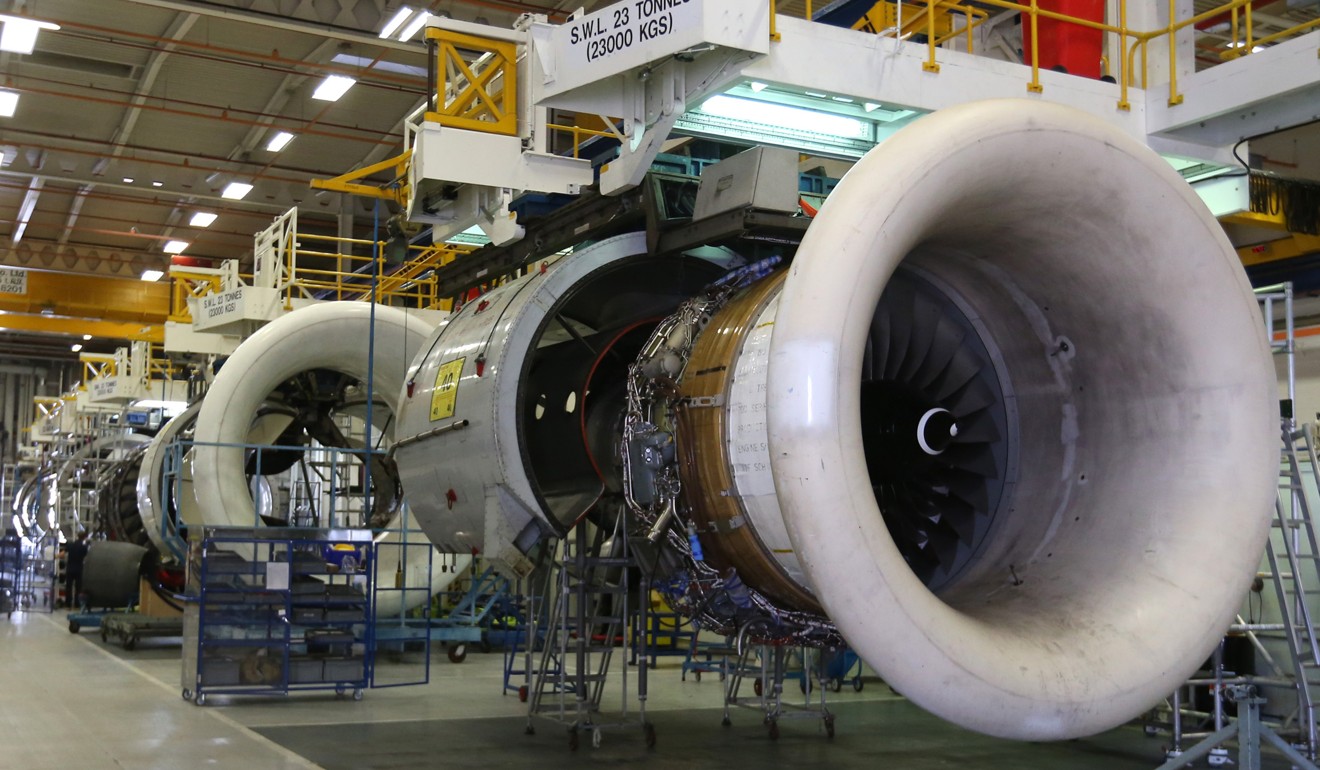
Britain’s post-Brexit future looks bright – forget what the pessimists say
Grenville Cross says the problems envisaged by ‘Remainers’ have not come to fruition, and the signs for Britain’s trade, employment and manufacturing all point up, as the UK frees itself from EU regulations

Although former British prime minister David Cameron sought to cow Britons into voting to remain in the European Union in 2016 through the infamous Project Fear, voters called his bluff.
The number of people who voted to leave the EU was higher than the number of votes cast for any government in British history, and the electorate knew what they were doing. Though assured during the 1975 membership referendum that they had joined a mere free trade area to promote harmony in Europe, by 2016 they knew they had been hoodwinked.
As Britain tried to deregulate, lower taxes, exploit developing markets and devolve power to the regions, the EU became more resistant to free trade, highly regulated, intolerant of public concerns, committed to a currency ruining its smaller economies and unable to control its borders. The EU is becoming a bureaucratic unitary state and the people have had enough.
Conservative MP Philip Hollobone estimates that, by 2019, the UK will have poured £209 billion (HK$2.21 trillion) into EU coffers. Despite Nato, a European army is now envisaged, for which taxpayers will again have to fork out, this time without British help.
The UK, after successful completion of preliminary divorce negotiations with the EU, can now look to a bright future as an independent trading nation. Signs are encouraging in terms of growth and investment.

Despite International Monetary Fund predictions, there was no serious economic slowdown in 2017, with 1.8 per cent growth now forecast. In June, the economy recorded its third-longest period of consecutive growth since 1955, and last month the Confederation of British Industry announced factory orders at a 30-year high. By September, Britain’s manufacturing industry became the world’s eighth largest, with the Office for National Statistics saying manufacturers benefited from rising exports and sales of new car models.
In 2017, Jaguar Land Rover started work on its new £200 million design and engineering centre in Warwickshire, while Rolls-Royce unveiled plans for a £150 million aerospace plant in Derby. Not to be outdone, hi-tech company Dyson announced it would build a £2.5 billion campus devoted to artificial intelligence and robotics. The UK space industry, employing almost 40,000 people, is now worth £14 billion, having grown at 8 per cent over the past decade, and its order books are full.
Project Fear predicted 500,000 people would lose their jobs after a leave vote, but unemployment fell by 150,000 in 2017, with the jobless rate at a 42-year low. The claim that Brexit would cause Nissan to move to Europe was equally spurious, and it has announced extra investment for its Sunderland car plant.
The Centre for Economics and Business Research acknowledges that it was too pessimistic about Brexit, and predicted the British economy will overtake France’s by 2020, when Britain leaves the EU. It foresees the UK becoming Europe’s largest economy by 2030, and Brexit provides an opportunity to reconnect with the world. City of London Lord Mayor Andrew Parmley said the UK is “looking to build ever stronger and deeper partnerships with like-minded centres like Hong Kong”.

The UK, as the world’s fifth-largest economy, has much to offer its partners. Iceland Foreign Minister Gudlaugur Thor Thordarson spoke for many when he said that “everyone wants to sell you goods and services, it’s as simple as that”. It is, moreover, in the EU’s own interests that a good trade deal is struck with the UK, not least because the trade deficit between the UK and the EU is £60 billion, in the EU’s favour. German Foreign Minister Sigmar Gabriel sensibly calls for a “smart” Brexit deal, recognising that it could become the model for future EU ties with countries not yet ready to join, such as Turkey and Ukraine.
Although Remainers mock the idea of Britain again standing on her own two feet, and sneer at the return of the iconic blue and gold passports, their real anguish lies in the realisation that their doom-laden prophecies have not materialised.
Margaret Thatcher called joining what is now the EU “a political error of the first magnitude”, and the British people have a unique second chance.
Grenville Cross SC is a backer of Leave Means Leave